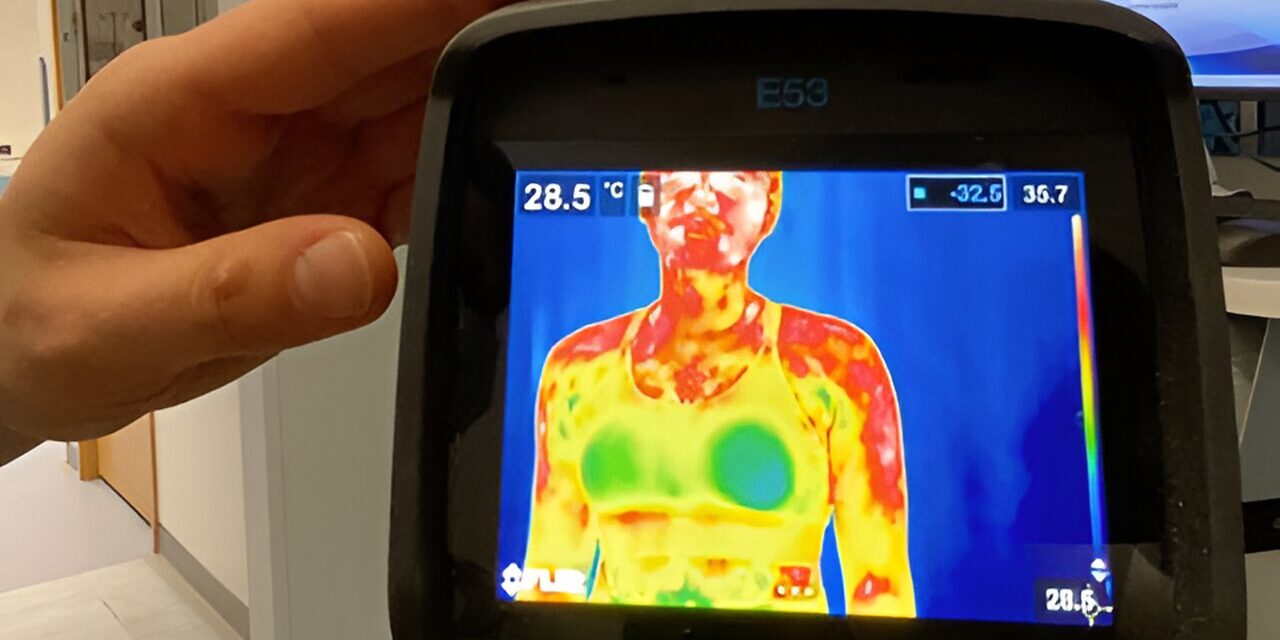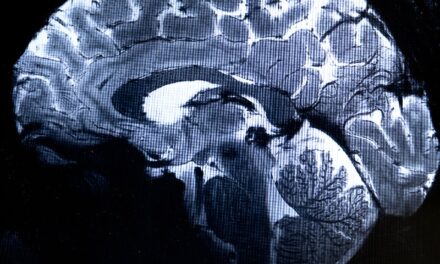HOUSTON, TX – In a potentially groundbreaking shift in breast cancer treatment, new research suggests that surgery may not be required for certain patients with early-stage invasive breast cancer who achieve a complete response to pre-surgical chemotherapy and radiation.
A Phase II trial conducted by researchers at The University of Texas MD Anderson Cancer Center, published today in JAMA Oncology and presented at the Society of Surgical Oncology 2025 Annual Meeting, revealed that patients who had a pathologic complete response (pCR) after chemotherapy and radiation remained disease-free after five years, without undergoing surgery.
The trial, involving 50 women with early-stage triple-negative or HER2-positive breast cancer, focused on patients who had a residual breast lesion smaller than two centimeters after standard chemotherapy. All participants underwent an image-guided vacuum-assisted core biopsy (VACB). If the biopsy showed no signs of cancer, surgery was omitted, and patients proceeded to standard whole-breast radiotherapy.
Of the 31 patients who achieved a pCR, none experienced a recurrence of breast cancer after a median follow-up of 55.4 months, and the overall survival rate was 100%.
“The absence of detectable breast cancer recurrences at the five-year mark highlights the tremendous potential of this surgery-free approach to breast cancer management,” stated principal investigator Henry Kuerer, M.D., Ph.D., professor of Breast Surgical Oncology. “Our innovative, precise method of detecting cancer in these patients has successfully demonstrated that we can treat them while avoiding surgery for this group.”
This study is the first modern prospective trial to evaluate the omission of surgery in patients with early-stage breast cancer who respond favorably to chemotherapy. It builds on earlier findings with a shorter follow-up period.
For over a century, surgery has been the standard treatment for nonmetastatic invasive breast cancer. However, advancements in chemotherapy and improved imaging techniques have led to higher pCR rates, raising the possibility of avoiding surgery in select patients. The use of selective image-guided VACB and rigorous histological processing has further refined the ability to identify patients who may benefit from a surgery-free approach.
The multicenter trial has been expanded to 100 patients and is also being studied in South Korea. Researchers emphasize that while the results are promising, further clinical trials are necessary before this approach can be considered standard therapy.
“These continued promising results suggest that eliminating breast surgery for invasive breast cancer could become the new standard of care, offering women the opportunity to preserve their bodies,” Kuerer said.
Disclaimer: It is important to note that this research is still in its early stages. The findings presented in this article represent the results of a specific clinical trial and may not be applicable to all patients with early-stage breast cancer. Patients should consult with their oncologists to determine the most appropriate course of treatment based on their individual circumstances. This information should not be used as a substitute for professional medical advice. More research is needed before this treatment becomes the standard of care.(
More information: Henry M. Kuerer et al, Selective Elimination of Breast Surgery for Invasive Breast Cancer, JAMA Oncology (2025). DOI: 10.1001/jamaoncol.2025.0207












